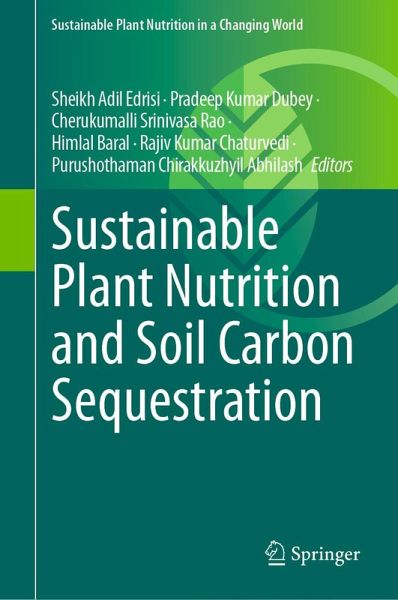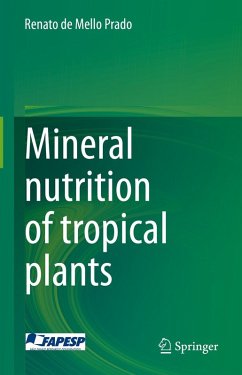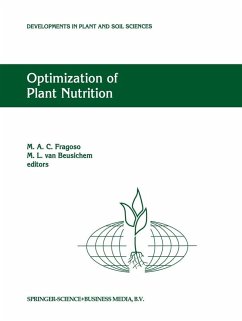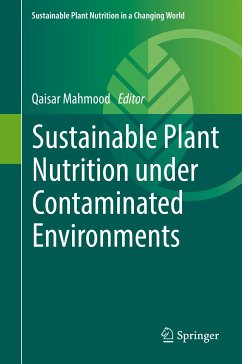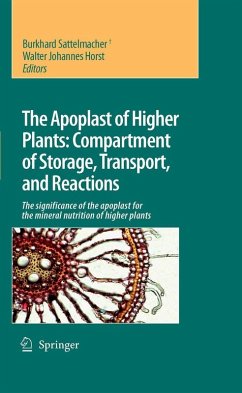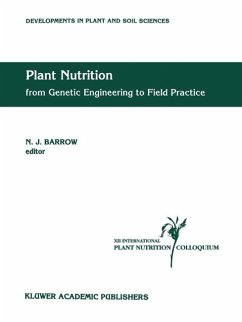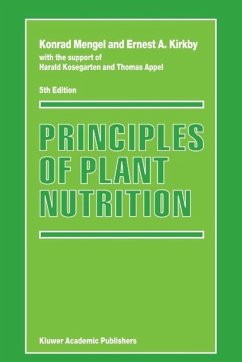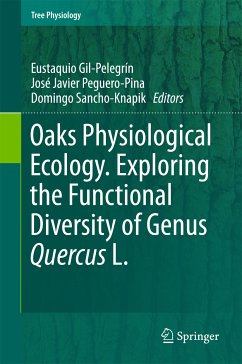Dr. Sheikh Adil Edrisi is an Assistant Professor at the Thapar School of Liberal Arts and Sciences (TSLAS) at Thapar Institute of Engineering & Technology, Patiala, India. He earned his MPhil and PhD from Banaras Hindu University in Varanasi, India. He is researching to restore degraded lands for multipurpose environmental benefits, exploring the role of GIS to assess land productivity, bioremediation of contaminated and degraded lands for efficient bioenergy production, biodiversity conservation and restoration by developing an apposite policy framework for attaining key UN Sustainable Development Goals (UN SDGs). He has received the 2021 Early Career Start-up Research Grant from SERB, Govt. of India, the 2021 Young Scientist Medal from International Society of Environmental Botanists (ISEB), Lucknow, India, the 2019 Green Talents Award from the BMBF in Germany, and the NASI-Springer Award (2018) from NASI, India. Additionally, he holds editorial roles in reputed journals in the area of land degradation, restoration, and sustainable production, such as Energy, Ecology and Environment, Anthropocene Science (Springer), Restoration Ecology, Land Degradation and Development (Wiley), and PLoS-One (PLoS). Dr. Adil is also the 'initial member' of Global Soil Biodiversity Initiatives and is currently an active IUCN-CEM, CEESP, and CEC commission member to resolve pressing global challenges of land restoration, bioenergy production, and sustainable development. Dr. Pradeep Kumar Dubey is a Program Manager for the Sustainable Landscape and Restoration program at the World Resource Institute, India (WRI India). His primary area of expertise lies in agroecosystem management following a bottom-up approach, and he currently focuses on landscape restoration in Maharashtra, India. Pradeep holds an MSc and PhD in Environmental Science from Banaras Hindu University, Varanasi, India. He has undertaken substantial agricultural surveys and field-level experimental validation, proposing various ecological solutions for agri-environmental sustainability land-soil management within the Vindhyan dryland and Gangetic Plain in eastern UP, India. Dr. Dubey is selected as an IPBES fellow for Nexus assessment, a Fellow of the Society for Plant Research in India, and a recipient of the IUCN CEM Agroecosystems Special Recognition Award and Young Scientists Award from the Society for Science of Climate Change and Environmental Sustainability. He serves as a member of IUCN commissions (CEM, CEC, CEESP), the Global Land Program (GLP), and the Global Soil Biodiversity Initiative (GSBI). He is invited as a resource person, expert, and speaker in various state, national, and international forums. He has published research, reviews, opinions, editorial pieces, book chapters, and a lead-authored book. He has been actively involved in editorial and reviewer roles for esteemed international journals. Dr. Cherukumalli Srinivasa Rao acquired his Ph.D. in Soil Science and Agricultural Chemistry from IARI, New Delhi, and Post-Doctoral (Fellow) from Tel-Aviv University, Tel-Aviv, Israel. Dr. Rao worked in the ICAR system in different capacities, from Scientist to Director. Currently, he is serving as Director of ICAR-National Academy of Agricultural Research Management, Hyderabad, since 2017. He also served the International Crop Research Institute for Semi-Arid Tropics (ICRISAT), Patancheru, Hyderabad, for three years. He has been the recipient of 40 national and international awards, including the Rafi Ahmed Kidwai Award for Outstanding Research in Agricultural Sciences, 2019. He contributed to the UNFCCC global climate change negotiator in the agriculture sector from the Government of India. Dr. Rao is a Fellow of the Indian National Science Academy, National Academy of Sciences, and National Academy of Agricultural Sciences, and a Member of various National and International Committees globally. Dr. Rao specializes in Climate Change, Soil Carbon Sequestration, Carbon Balance, Dryland Production Systems, and Climate Policy. Dr. Rao is credited with 340 Research Papers, 50 Books authored/edited, 14 copyrights, and 21 Policy/Strategy/Status Papers. He visited more than 15 countries for scientific meetings. His Google Scholar total citations = 9151 and h-index = 46. Dr. Himlal Baral is a Senior Forest and Landscape Restoration (FLR) scientist with CIFOR-ICRAF's Climate Change, Energy, and Low Carbon Development team. Based in Bali, Indonesia, Dr. Baral coordinates CIFOR's work on FLR, planted forests and bioenergy in Asia and the Pacific, specifically 1) promoting FLR for multiple ecosystem goods and services (EGS); 2) quantifying and valuing EGS under different landscape management scenarios; 3) investigating and developing locally appropriate landscape restoration models; and 4) contributing to land-resource planning for food, biomaterial, and energy security. Prior to joining CIFOR-ICRAF, he worked in the forestry and natural resources management field for over 25 years in both the private and public sectors in Asia and the Pacific. Dr. Baral has a PhD in Land and Environment and two Master's degrees in Forest Science and Social Science. Dr. Baral also serves as a Fellow of the Melbourne School of Land and Environment and the Global Evergreening Alliance and leads IUCN-CEM's specialist group on forest ecosystems. Dr. Rajiv Kumar Chaturvedi is currently an Associate Professor at BITS Pilani, Goa campus. He obtained his PhD from the Indian Institute of Science (IISc) in Ecology from the Centre for Ecological Sciences and a Masters in Geography from the Delhi School of Economics, Delhi University, New Delhi, India. Dr. Chaturvedi has been a National Environmental Sciences Fellow at IISc and has contributed to more than 40 peer-reviewed articles, as well as two books on environment and climate change. Dr. Chaturvedi has worked extensively with communities, Government officials, NGOs, and UN organizations. Dr. Chaturvedi is currently the co-chair of IUCN's Forest Ecosystem's specialist group. He is currently involved with India's national greenhouse gas inventory programand is listed as a UN expert on GHG inventory. He has been a lead author for the regional assessment reports of the UNEP (United Nations Environment Programme) and IPBES (Intergovernmental Panel on Biodiversity and Ecosystem Services). Dr. P. C. Abhilash is a senior Assistant Professor of Sustainability Science at the Institute of Environment and Sustainable Development (IESD) at Banaras Hindu University in Varanasi, India, and Lead of the Agroecosystem Specialist Group of the IUCN-Commission on Ecosystem Management. He is a fellow of the National Academy of Agricultural Sciences, India. His research interest lies in sustainable biomass production from marginal and degraded lands for supporting a biobased economy, restoring degraded lands for regaining ecosystem services, land system management, sustainable utilization of agrobiodiversity, nature-based solutions, ecosystem-based adaptations for climate-resilient and planet-healthy food production, and sustainable agriscape management for food and nutritional security. He is particularly interested in sustainability analysis, system sustainability, sustainability indicators, circular economy principles, policy realignment, and the localization of UN SDGs for sustainable development. He is on the editorial board of prestigious journals in Ecology/Environment/Sustainability from leading international publishers and also serves as a subject expert for UN-IPBES, IRP- UNEP, UNDP-BES Network, IPCC, UNCCD, APN, GLP, and IUCN Commissions (CEM, CEC, CEESP, and SSC) for fostering global sustainability.
